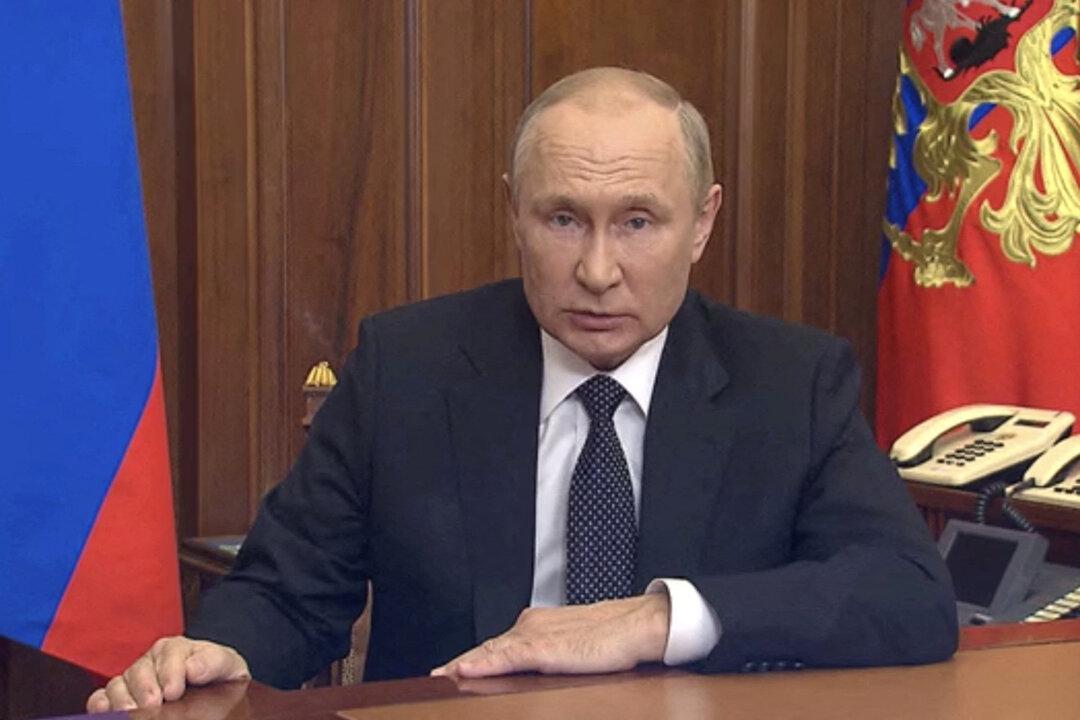Commentary
U.S. actions have condemned millions to a life under Taliban rule, but they also demonstrate a complete failure by the Biden administration to comprehend the geopolitical damage for America of abandoning a nation to an organization that former Secretary of State Mike Pompeo deemed terrorist in 2019—the same one the United States spent so much in blood and treasure to remove from power over 20 years ago.





